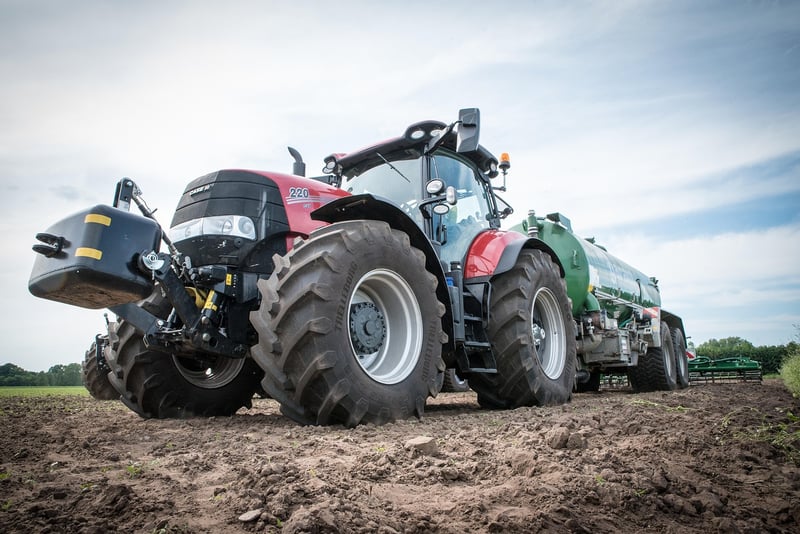Fertilization
Keeping Your Vertical Garden Healthy and Thriving: Fertilization Tips
Vertical gardens are a fantastic way to add greenery to small spaces and create a vibrant atmosphere. However, to keep your vertical garden looking lush and healthy, proper fertilization is key. Here are some essential tips to help you nourish your vertical garden and ensure it thrives:
1. Choose the Right Fertilizer
When selecting a fertilizer for your vertical garden, opt for a balanced, water-soluble formula. Look for fertilizers specifically designed for indoor plants or vertical gardens to provide the necessary nutrients in a form that is easy for the plants to absorb.
2. Follow a Feeding Schedule
Establish a regular feeding schedule for your vertical garden. During the growing season, fertilize your plants every two to four weeks to support healthy growth. In colder months or when plants are not actively growing, reduce the frequency to once a month or follow the product recommendations.
3. Apply Fertilizer Correctly
When applying fertilizer to your vertical garden, make sure to follow the instructions on the product packaging. Avoid over-fertilizing, as this can lead to nutrient imbalances and harm your plants. Dilute the fertilizer to the recommended strength to prevent burning the roots.
4. Monitor Plant Health
Pay attention to the condition of your plants to determine if they need additional nutrients. Yellowing leaves, stunted growth, or lack of flowering can be signs of nutrient deficiencies. Adjust your fertilization routine accordingly to address any issues promptly.
5. Consider Organic Options
If you prefer an organic approach, consider using compost or organic fertilizers to feed your vertical garden. These natural alternatives can enrich the soil and promote long-term plant health without the use of synthetic chemicals.
6. Water Properly
Remember that proper watering is essential for the effective absorption of nutrients by your plants. Ensure that your vertical garden receives adequate moisture to support healthy growth and prevent nutrient leaching. Adjust your watering schedule as needed based on environmental conditions.
7. Regular Maintenance
In addition to fertilization, regular maintenance tasks such as pruning, cleaning, and pest control are crucial for the overall health of your vertical garden. Keep an eye on your plants and address any issues promptly to prevent them from affecting the entire garden.

By following these fertilization tips and providing proper care, you can keep your vertical garden healthy and thriving throughout the year. Enjoy the beauty of lush greenery in your indoor or outdoor space with a well-nourished vertical garden!
For more gardening tips and inspiration, visit Gardening Know How.
